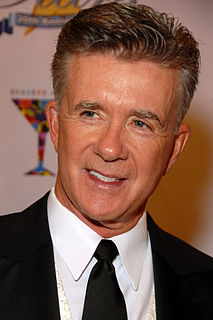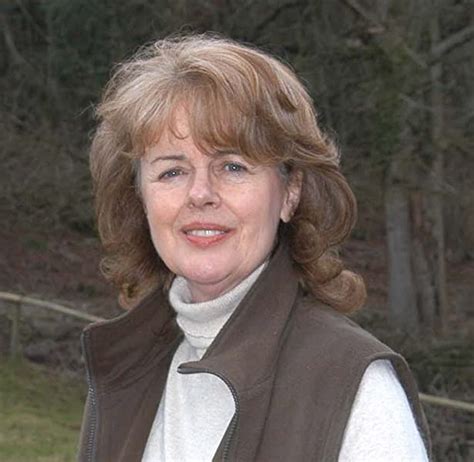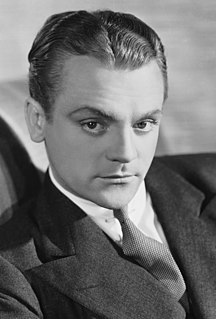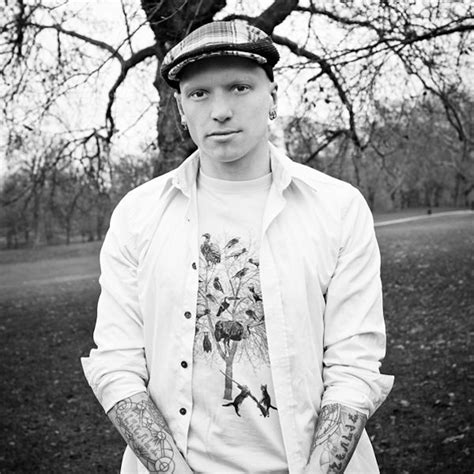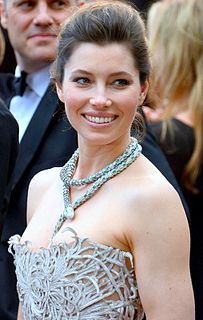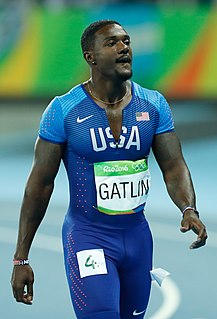A Quote by Hugh Hefner
Life is bittersweet. Inside our heads, if we're lucky, we're the same kids as we were when we were young.
Related Quotes
Seventeen's not so young. A hundred years ago people got married when they were practically our age." "Yeah, that was before electricity and the Internet. A hundred years ago eighteen-year-old guys were out there fighting wars with bayonets and holding a man's life in their hands! They lived a lot of life by the time they were our age. What do kids our age know about love and life?
Something else was different when we were young: our parents were outdoors. I’m not saying they were joining health clubs and things of that sort, but they were out of the house, out on the porch, talking to neighbors. As far as physical fitness goes, today’s kids are the sorriest generation in the history of the United States. Their parents may be out jogging, but the kids just aren’t outside.
If we were to gain God's perspective, even for a moment, and were to look at the way we go through life accumulating and hoarding and displaying our things, we would have the same feelings of horror and pity that any sane person has when he views people in an asylum endlessly beating their heads against the wall.
My Barbies were usually naked. Once, I took their heads off, cut their hair, drew on their short, spiky hair with some markers, then stuck the heads on Christmas lights. Every year, we'd string our tree with those Barbie heads. It looked demonic. My parents were so cool - they saw it as a form of self-expression.
It was a wonderful time to be young. The 1960s didn't end until about 1976. We all believed in Make Love Not War - we were idealistic innocents, darling, despite the drugs and sex. We were sweet lovely people who wanted to throw out all the staid institutions who placed money and wars above all else. When you're young you think that's how life works. None of us were famous, we were broke. We didn't think they'd be writing books about us in 30 years. We were just kids doing the right thing.
I remember the moment in which we were taken hostage in Libya, and we were asked to lie face down on the ground, and they started putting our arms behind our backs and started tying us up. And we were each begging for our lives because they were deciding whether to execute us, and they had guns to our heads.
I think initially, our audiences were filled with young men. You know, our initial audience was a lot of young guys who I think were trying to - who you played a bit of a big brother role for and were trying to sort out a lot of the same things right - soon as "Born To Run" hit, you know? So it was something that I worked pretty hard on.
We had come here to have a break from thoughts and the hard work that came with the constant interaction with idiots. Or at least people we considered idiots because they were not mind readers and we had to, patiently, use polite words to explain things that we were thinking when really inside we were fighting the urge to take their heads in our hands and softly and repeatedly thud their foreheads off the wall.
I was a young feminist in the '70s. Feminism saved my life. It gave me a life. But I saw how so much of what people were saying was not matching up with what they were doing. For example, we were talking about sister solidarity, and women were putting each other down. We were talking about standing up for our rights, and women weren't leaving abusive relationships with men. There were just so many disconnects.
In our young minds houses belonged to women were their special domain, not as property, but as places where all that truly mattered in life took place - the warmth and comfort of shelter, the feeding of our bodies, the nurturing of our souls. There we learned dignity, integrity of being; there we learned to have faith. The folks who made this life possible, who were our primary guides and teachers, were black women.

